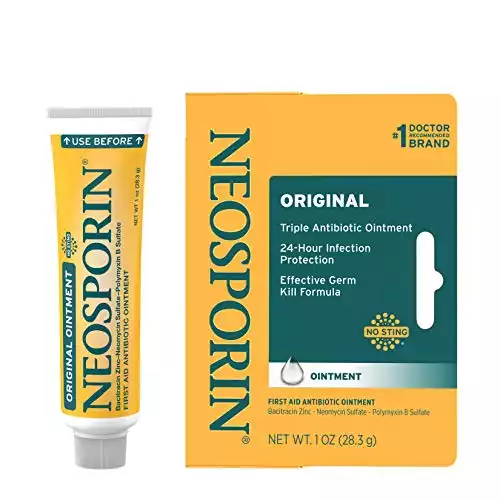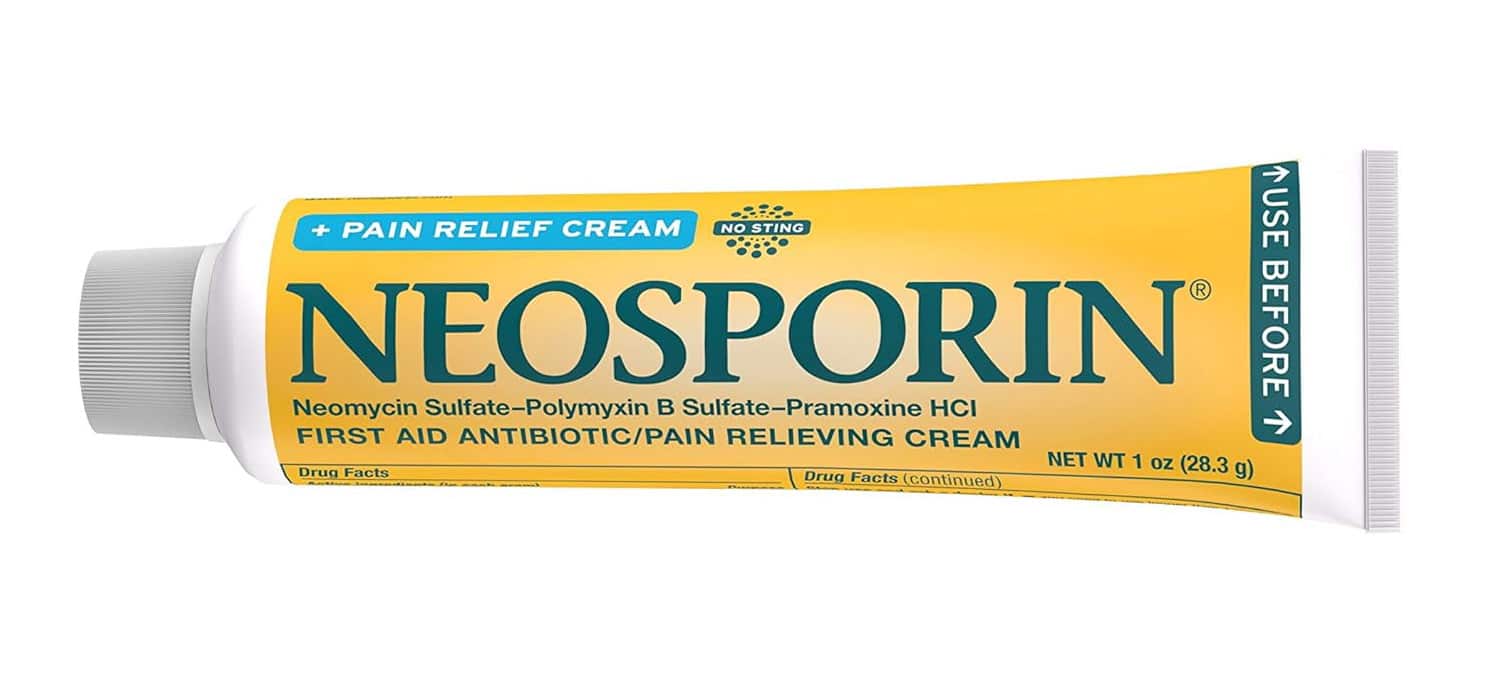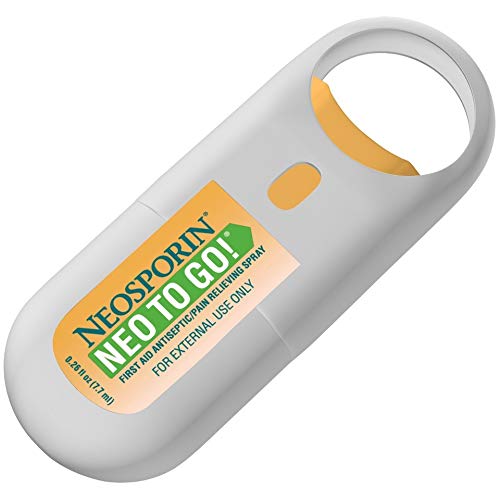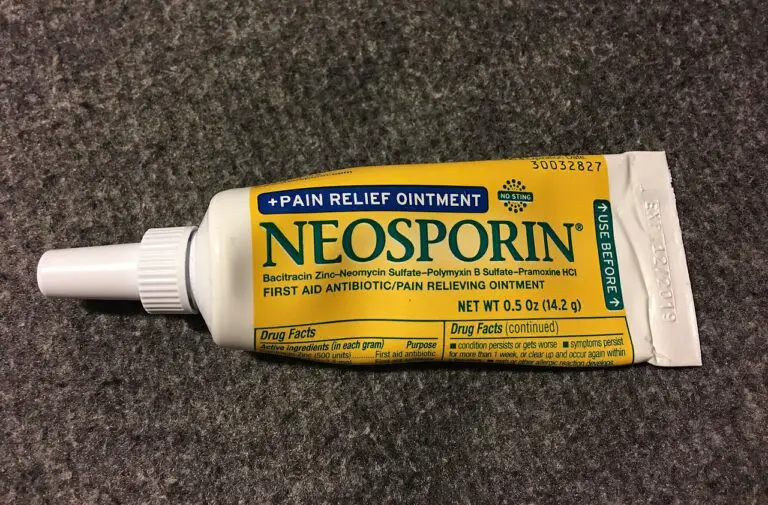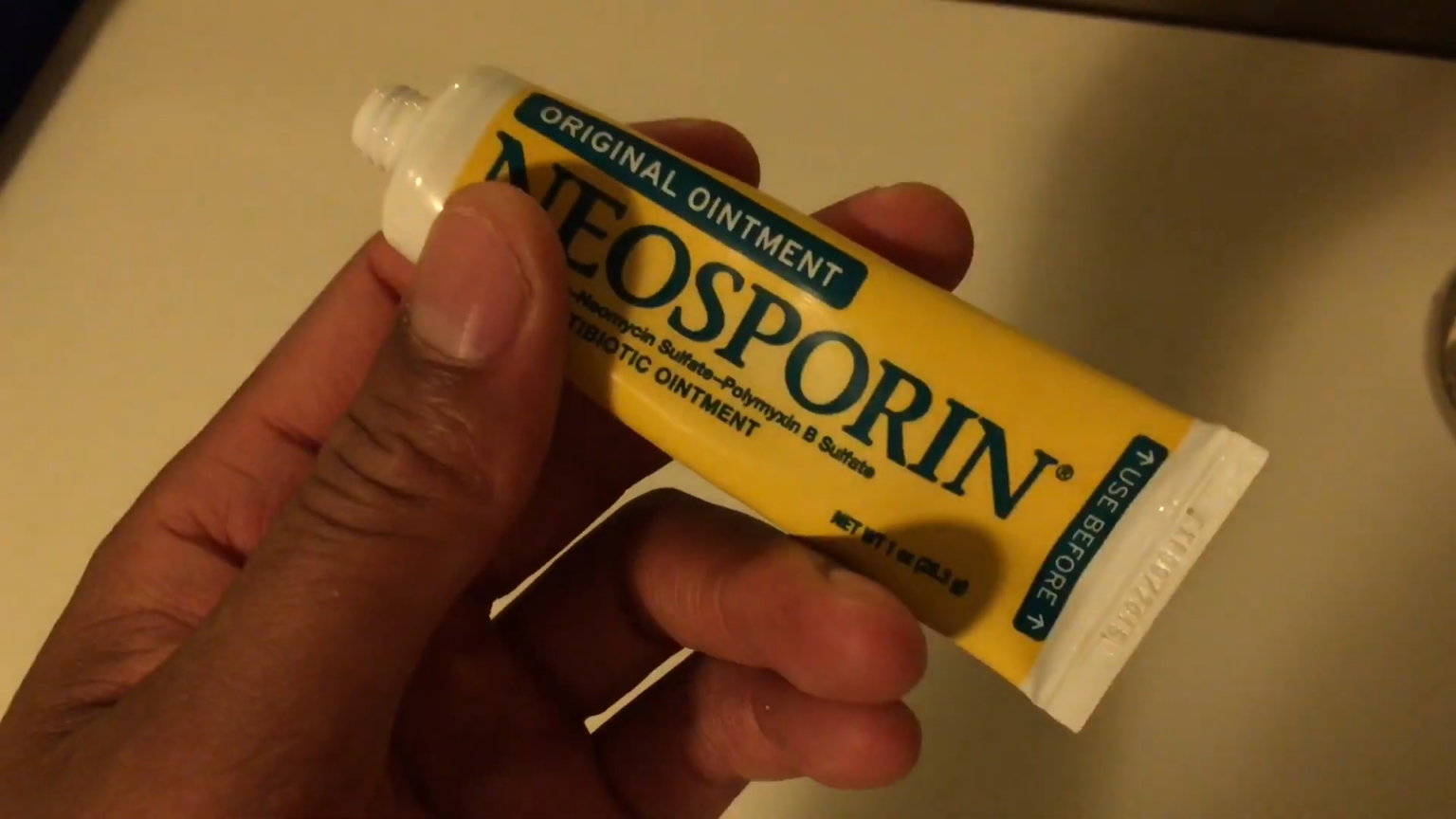Is It Ok To Use Expired Neosporin

That tube of Neosporin in your medicine cabinet, the one you reach for after minor cuts and scrapes, might be past its expiration date. But is it still safe, or even effective, to use? This is a common question with potentially significant implications for wound care and infection prevention.
The expiration date printed on medication packaging isn't just an arbitrary suggestion. It represents the manufacturer's guarantee of the product's potency and safety up until that specific date. Understanding the science behind these dates and the potential risks associated with using expired Neosporin is crucial for making informed decisions about your health.
What Does the Expiration Date Really Mean?
Expiration dates are primarily about drug potency. Drug manufacturers are required to provide expiration dates, which are based on rigorous testing of the drug's stability over time. This testing ensures that the drug maintains its efficacy, meaning it delivers the intended therapeutic effect, for the specified period.
The US Food and Drug Administration (FDA) mandates that pharmaceutical companies determine the expiration date of their products through stability testing. This testing assesses how the drug degrades over time under different environmental conditions, like temperature and humidity. After the expiration date, the manufacturer can no longer guarantee that the drug will maintain its full potency.
Neosporin: Active Ingredients and Potential Degradation
Neosporin is a topical antibiotic ointment containing three active ingredients: neomycin, polymyxin B, and bacitracin. These antibiotics work together to prevent bacterial growth and fight infection in minor cuts, scrapes, and burns. Over time, these compounds can degrade.
When these active ingredients degrade, Neosporin may become less effective in killing bacteria. While the ointment might still provide some barrier protection, its ability to prevent infection is compromised. This could lead to a slower healing process or an increased risk of infection.
The Risk of Infection
The primary risk of using expired Neosporin is that it may not be potent enough to prevent infection. This is especially concerning if the wound is deep, contaminated, or located in an area prone to infection. In such cases, using expired medication could lead to a more serious infection requiring medical attention.
Symptoms of a wound infection can include increased pain, redness, swelling, pus, and fever. If you experience any of these symptoms after using expired Neosporin, it is essential to seek medical advice promptly. A healthcare professional can assess the wound and prescribe appropriate treatment, such as oral antibiotics, if necessary.
Are There Other Risks?
While reduced potency is the main concern, there is also a theoretical risk of the degraded components of Neosporin becoming harmful. However, this risk is generally considered to be low. Stability studies are designed to identify any potentially toxic breakdown products, and medications are deemed safe for use up to the expiration date.
Some sources suggest that expired medications could become breeding grounds for bacteria. However, Neosporin itself contains antibacterial ingredients. The risk of bacterial contamination from the ointment is low, even after the expiration date, but not impossible.
What Do Experts Say?
Pharmacists and physicians generally advise against using expired medications. They emphasize that the expiration date is the manufacturer's guarantee of efficacy and safety. Without this guarantee, you are taking a risk with your health.
The FDA does not recommend using expired medications. Though some medications may retain some potency after their expiration date, there is no reliable way to determine how much potency remains. Using expired Neosporin might offer no benefit and potentially delay proper treatment.
Proper Storage Matters
How you store your Neosporin can also affect its stability. Exposure to heat, light, and humidity can accelerate the degradation of the active ingredients. It is best to store Neosporin in a cool, dry place, away from direct sunlight.
A bathroom medicine cabinet, which is often exposed to humidity, might not be the best storage location. A better option is a drawer or cabinet in a cooler, drier area of your home. Proper storage can help to extend the shelf life of your Neosporin, though it cannot override the expiration date.
What Should You Do?
The best course of action is to dispose of expired Neosporin properly. Many pharmacies offer medication take-back programs. You can also check with your local waste management authority for guidelines on disposing of medications safely.
If you are in a situation where you have a minor wound and no access to unexpired Neosporin, the risk of using expired Neosporin may be outweighed by the potential benefit of some antibacterial protection. However, in such cases, it is especially important to monitor the wound closely for signs of infection and seek medical attention if necessary.
Conclusion
While the temptation to use expired Neosporin may be strong, it is generally not recommended. The expiration date is a guarantee of potency and safety. After that date, the ointment may be less effective in preventing infection, and there is a small risk of other problems.
For optimal wound care, it is best to use unexpired Neosporin. Always dispose of expired medications properly. Clean and bandage wounds, watch for any signs of infection, and consult a healthcare professional if you have concerns.

